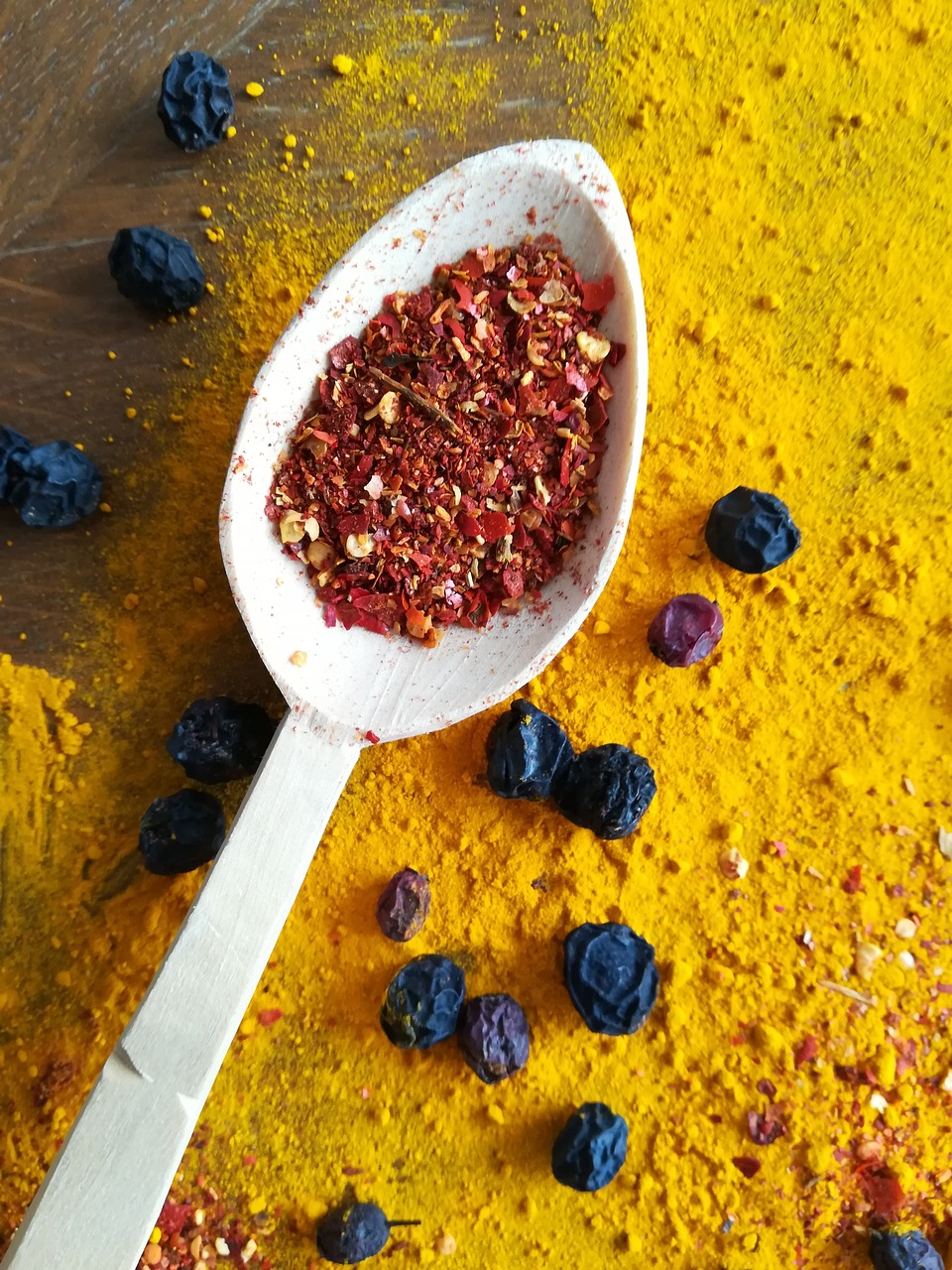Today we will discuss whether supplements can boost metabolism. Metabolism is a complex process that involves many chemical reactions within your body to keep you alive and healthy. When it comes to boosting metabolism, the goal is to increase the rate at which our bodies burn calories even while resting.
Now let's get down to business. The truth is that some supplements can be helpful in this regard while others may not have any effect at all. For example,caffeine has been shown to increase calorie burning by stimulating the central nervous system and increasing heart rate - so if you enjoy coffee, go ahead and indulge! Green tea extract is another supplement that has a positive effect on metabolism due to its catechin content which increases fat burning. However, other supplements like raspberry ketones and garcinia cambogia are still under investigation as their effects on metabolism aren't fully supported by scientific evidence yet.
But here's an important point: no matter what supplement you take, it won't lead to significant weight loss without maintaining a healthy diet and exercise routine. Supplements should only be used as part of an overall plan for improving your health rather than relying solely on them for results. That being said, certain supplements can indeed help boost your metabolism but they shouldn't be seen as magic pills for weight loss or improved health on their own. To add more context, it's important to note that metabolism can be influenced by various factors such as age, gender, genetics, and body composition. Therefore, the effectiveness of supplements in boosting metabolism may vary from person to person and, as its the nature of science, from study to study:
The Journal of Obesity suggests that capsaicin, found in spicy foods, conjugated linoleic acid (CLA), and yohimbine may increase metabolic rate. Although research shows promising results, further studies are required to fully comprehend their effects on weight loss and metabolism. Capsaicin can activate brown adipose tissue and increase energy expenditure, while CLA may alter body composition and reduce fat mass. Yohimbine may increase adrenaline levels, leading to enhanced thermogenesis and metabolic rate.
It's also worth mentioning that not all supplements marketed for weight loss or metabolism-boosting purposes are safe or effective. The US Food and Drug Administration (FDA) has warned consumers about numerous dietary supplements containing hidden drugs or harmful ingredients that can cause serious health problems.
Foods that lower your metabolism
While there isn't a single nutrient or food that can slow down metabolism on its own, certain diets and nutritional imbalances can contribute to a slower metabolism over time. This is especially true for low-calorie diets, which can cause muscle mass loss and ultimately lead to a decrease in metabolic rate. A study published in the journal Obesity Reviews found that chronic calorie restriction can also contribute to a slower metabolism over time. This is because when we consume fewer calories than our body needs for energy, it may start breaking down muscle tissue for fuel instead of using stored fat, which can ultimately lower our metabolic rate.
Similarly, diets lacking in protein may also negatively impact one's metabolism. A study published in the American Journal of Clinical Nutrition found that low-protein diets can lead to a decrease in metabolic rate. The researchers found that when participants consumed a diet consisting of only 5% protein, their metabolism slowed down significantly compared to those who consumed a higher amount of protein. However, fear not! There are foods and nutrients out there that actually help boost metabolism - think protein and fiber. Ultimately, the key to maintaining a healthy metabolism is through balance and nutrition tailored specifically to your individual needs and goals. Don't forget regular exercise too!
Conclusion On Metabolism Boosters
As we learned, it's crucial to do your own research and choose reputable brands with transparent ingredient labels. As always, consult with a healthcare professional before adding any new supplement to your diet regimen. In summary, while some supplements like caffeine and green tea extract may help boost metabolism when combined with healthy habits like regular exercise and balanced nutrition; they should not be relied upon as a sole solution for weight loss or improved health outcomes without consulting a medical expert first. Always do your own research on the information you find on the internet!
References and Literature
- Dulloo, A. G., & Miller, D. S. (1984). The thermogenic properties of ephedrine/methylxanthine mixtures: human studies. International journal of obesity, 8(2), 107-111.
- Belza, A., Toubro, S., & Astrup, A. (2009). The effect of caffeine, green tea and tyrosine on thermogenesis and energy intake. European Journal of Clinical Nutrition, 63(1), 57-64.
- Diepvens K et al.(2007) Obesity Reviews; Effects of green tea on weight loss and weight maintenance: a meta-analysis
- Swanson DL et al.(2010) J Obes.;The effects of chromium picolinate supplementation on body composition in premenopausal women
- Dulloo AG et al.(1999) Am J Clin Nutr.; Efficacy of a green tea extract rich in catechin polyphenols and caffeine in increasing 24-h energy expenditure and fat oxidation in humans
- Gatta-Cherifi B et al.(2015) Physiol Behav.; Caffeine improves physical performance during 24 h deprivation but not cognitive function
- Lopez HL et al.(2013) Int J Med Sci.; Eight weeks of supplementation with a multi-ingredient weight loss product enhances body composition




